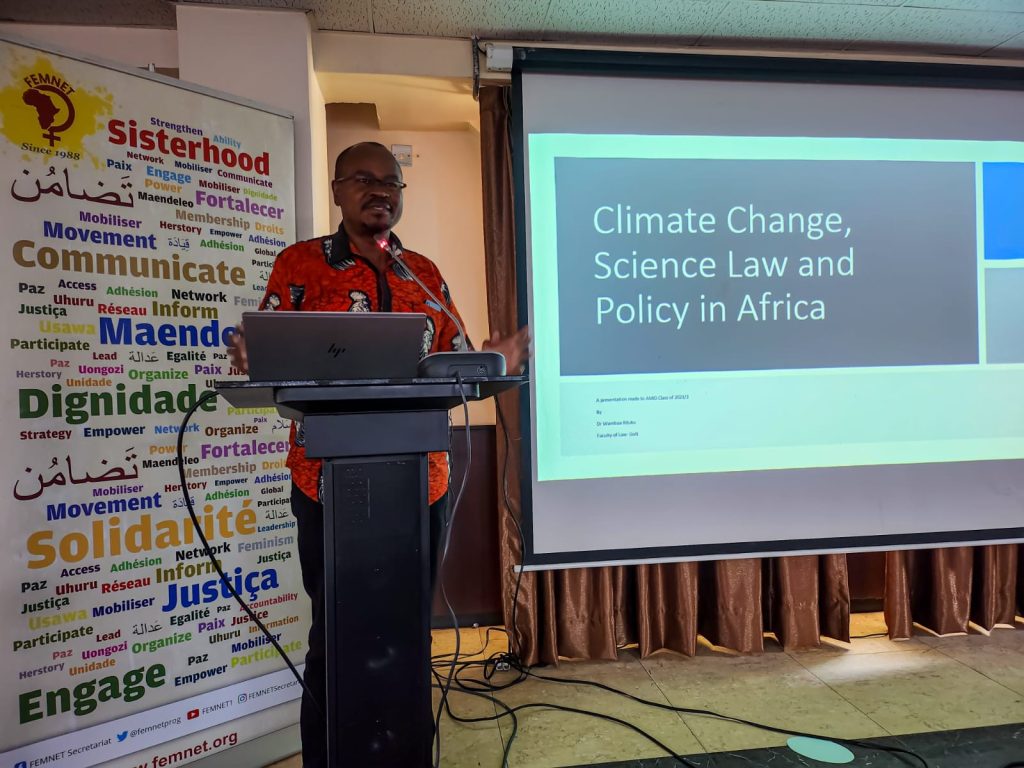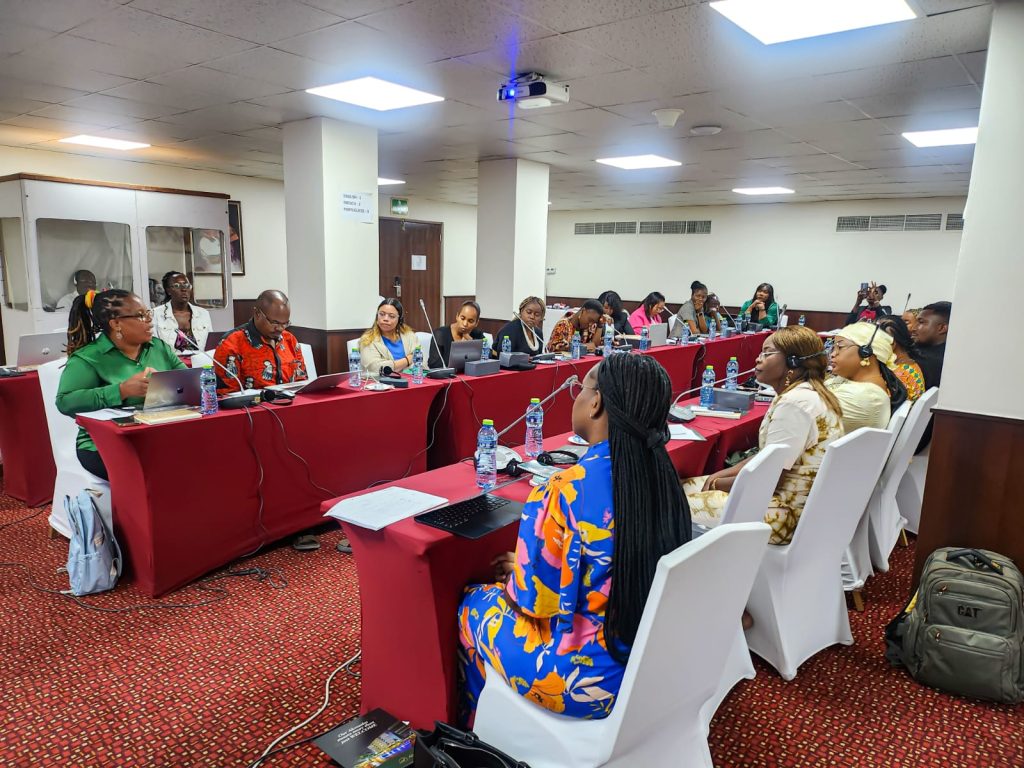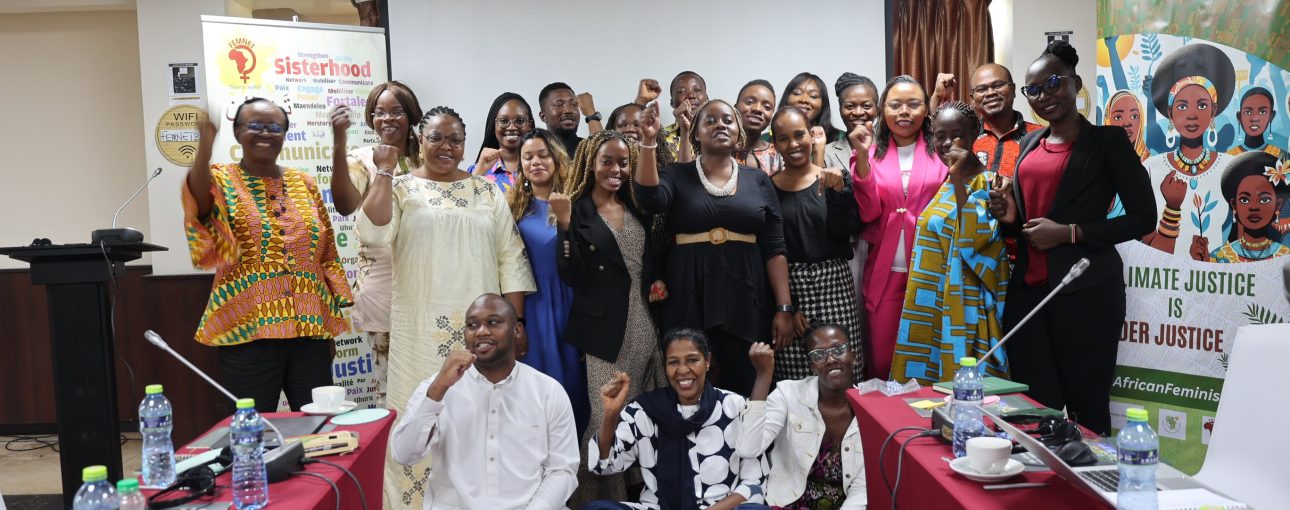African Journalists Unite in Ghana to Amplify Climate Justice Narratives
In the heart of Accra, Ghana, over two impactful days, 17 journalists from 13 African countries congregated to deepen their understanding of climate justice and fortify their storytelling skills. Hosted by the African Women’s Development and Communication Network (FEMNET), in collaboration with the African Activists for Climate Justice (AACJ) consortium, the gathering aimed to empower media professionals to champion African narratives on climate justice. Representing nations including Ghana, Nigeria, Gambia, Kenya, Somalia, Mozambique, South Africa, Tanzania, Sierra Leone, Sudan, Mali, Senegal, Ethiopia, Burkina Faso, Malawi, and Zimbabwe, these journalists shared experiences resonating with the continent’s climate challenges. From scorching heatwaves to devastating floods, from prolonged droughts to creeping desertification, each story portrayed a stark reality of communities grappling with the impacts of climate change.
Throughout the workshops, facilitators guided participants through critical topics such as climate finance, just transition, and carbon markets, equipping them with the knowledge and tools to report effectively on these complex issues. Dr. Wambua Kituku, an expert in climate science and policy, delved into the intricacies of international agreements like the Paris Agreement and elucidated the science behind carbon markets, empowering journalists to decode and demystify these concepts for their audiences.
Moreover, the workshops emphasized the importance of framing climate justice through a feminist lens, recognizing the disproportionate impact of climate change on women and the critical role they play in driving solutions. Dr. Melania Chiponda led sessions that challenged biases and stereotypes in reporting while urging journalists to elevate the voices of women leaders and innovators in the climate movement.
Journalists spoke passionately about their struggles in accessing information, navigating biases, and debunking stereotypes in climate reporting. One journalist, representing Nigeria Zeinab Sanini, lamented, “We often find ourselves hitting walls when trying to access reliable data and information on climate-related issues. It’s frustrating because without accurate information, our reporting lacks credibility.” Another journalist, Victorine Zongo from Burkina Faso, emphasized the importance of challenging biases, stating, “We must actively work to dismantle stereotypes that perpetuate gender inequality in climate narratives. By amplifying diverse voices and experiences, we can ensure our reporting is inclusive and representative of the realities on the ground.”


Journalists outlined key recommendations to address the challenges and amplify African climate change narratives.
Participants emphasized the need to increase awareness and prioritization of climate change stories in media coverage. They highlighted the importance of allocating more airtime and resources to report on climate-related issues to ensure they receive the attention they deserve. Another critical recommendation was to enhance access to reliable data and information on climate change impacts. Journalists stressed the importance of improving data availability to support informed reporting and decision-making.
Combatting disinformation and misinformation surrounding climate change emerged as a pressing concern. Participants underscored the urgency of fact-checking and verifying information to ensure the public receives accurate and credible reporting on climate-related issues. Collaboration and partnerships between media organizations, civil society, and government agencies were also emphasized. Journalists called for joint initiatives and information-sharing platforms to amplify voices and facilitate knowledge exchange.
Empowering vulnerable groups, including women, indigenous communities, and marginalized populations, to share their experiences and perspectives on climate change was another key recommendation. Participants advocated for inclusive training programs and capacity-building initiatives to ensure these voices are heard and represented in media coverage.
Community engagement was highlighted as essential for impactful reporting on climate change. Journalists emphasized the importance of engaging with local communities and community leaders to amplify their voices and stories. Advocating for policy change and government action on climate change emerged as a critical role for journalists. Participants called for investigative reporting and advocacy campaigns to hold governments accountable and drive meaningful change at the policy level.
Strengthening media capacity through continuous training and capacity-building initiatives was also emphasized. Journalists stressed the need for ongoing support and resources to enhance their skills and knowledge in reporting on complex climate-related issues.
Looking ahead, the participants are determined to implement the strategies discussed, foster national collaboration through FEMNET and AACJ, and build momentum for global climate conferences. As they return to their respective countries armed with newfound knowledge and inspiration, the journalists stand ready to play a pivotal role in shaping a more sustainable and just future for Africa and beyond.

